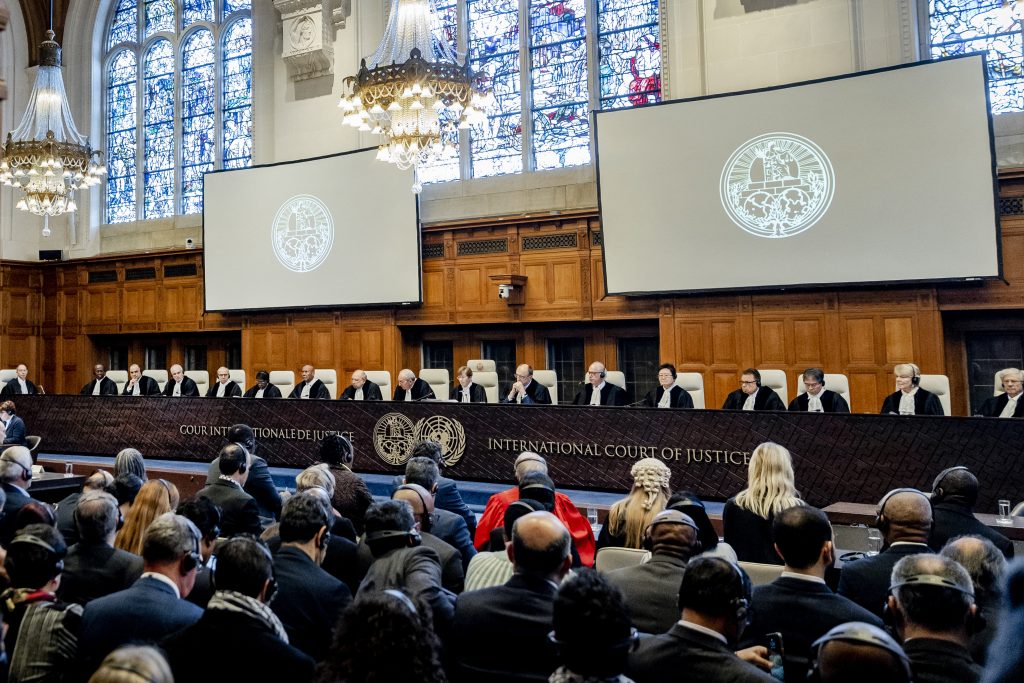Speaking ahead of a signing ceremony in The Hague tomorrow, 14 February, of a landmark treaty on legal cooperation among states on crimes under international law, including genocide, crimes against humanity and war crimes, Law and Policy Advisor at Amnesty International Fisseha Tekle said:
“The conflicts in the Gaza Strip, Ukraine, Sudan and elsewhere underline the urgent need to strengthen the framework of international law through developments such as this treaty, which provides new tools to help deliver justice and ensure human rights are better protected. It should receive the broadest possible international support.
“In an initial step towards bringing the convention into force a group of states will tomorrow sign the treaty, which provides more routes to justice for victims of crimes under international law, as well as in cases of torture and enforced disappearance, and recognises their rights, including to protection, and to pursue and obtain reparation.
“By facilitating legal cooperation among states, this convention reinforces national judicial systems, better enabling states to fulfil their duty to pursue accountability against all individuals who have committed serious violations of international law. The treaty helps ensure there are fewer ‘safe havens’ for those suspected of criminal responsibility and is an important advance against impunity.
“This treaty is an opportunity to deliver a step change in the prosecution of these crimes and the ability to deliver justice, truth and reparation to victims. We are urging all states to swiftly conclude the process of adopting the treaty without reservation so that its benefits can be quickly and fully realised.”
Background
After it was agreed last year by 68 states, the Ljubljana-Hague Convention on International Cooperation in the Investigation and Prosecution of Genocide, Crimes against Humanity, War Crimes and other International Crimes, also known as the Mutual Legal Assistance Treaty (MLA), will be formally signed tomorrow in The Hague. The treaty fills a gap in the international law and justice framework by clarifying and cementing the duties and obligations of states to cooperate with each other in cases involving crimes under international law. It includes a number of ground-breaking provisions, such as a general obligation to either extradite or prosecute suspects, as well as on enforcing orders between states for reparations to victims, and setting out victims' rights within transnational criminal justice processes. State signatories of the treaty tomorrow are expected to include Argentina, Norway and Switzerland.
For more information or to request an interview, please contact:
Genevieve Quintal, Media and Communications Officer, Amnesty International South Africa: +27 (0) 64 890 9224; genevieve.quintal@amnesty.org.za
Public Document
****************************************
Amnesty International South Africa office, 97 Oxford Road, Saxonwold, Johannesburg, 2196


